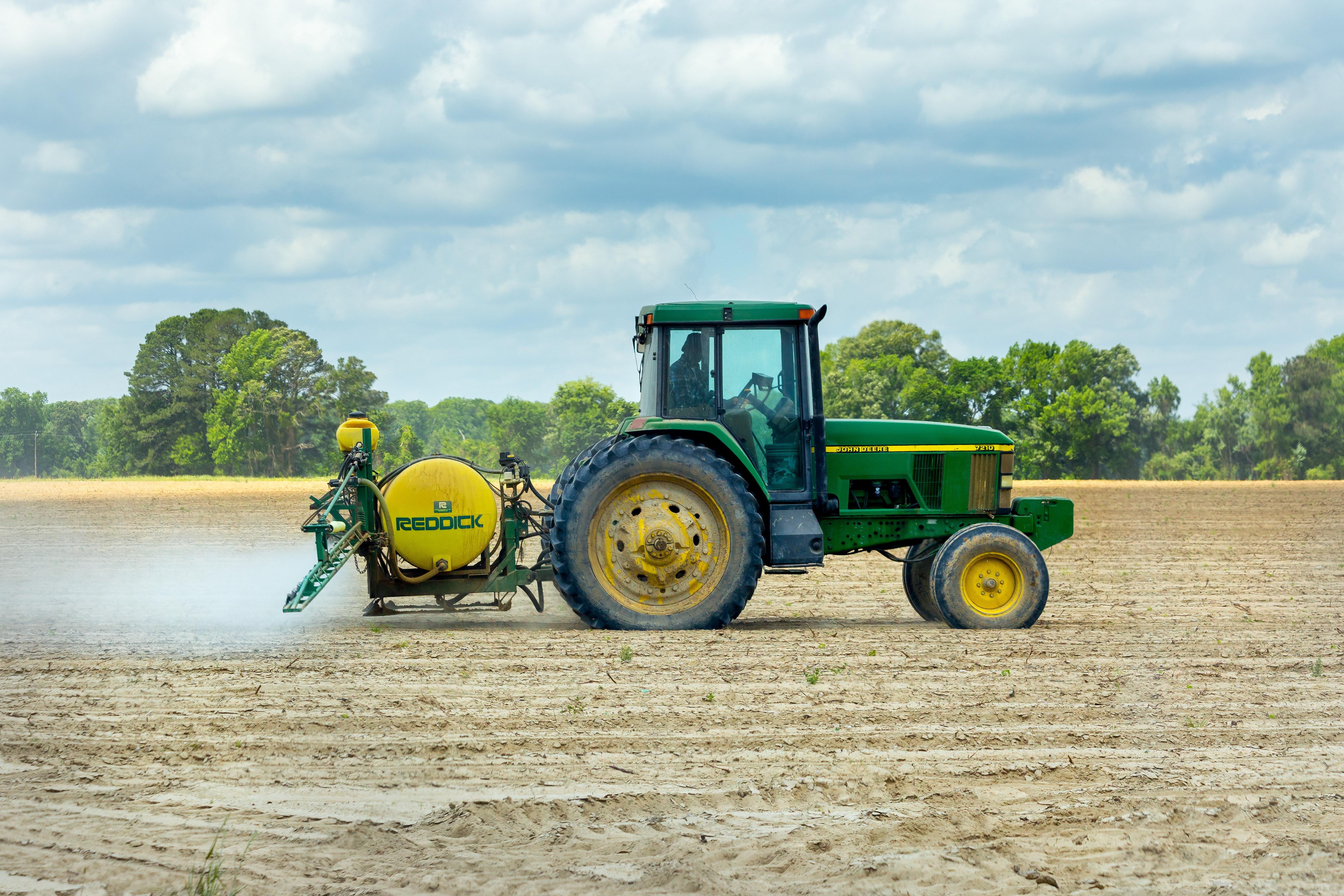Farmers' unions play a crucial role in advocating for the rights and interests of agricultural workers. These organizations bring together farmers from diverse backgrounds to collectively address issues related to farming practices, agricultural policies, fair prices, and social welfare. Here, we will explore the significance of farmers' unions and their impact on the agricultural sector.
One of the primary functions of farmers' unions is to serve as a collective voice for farmers. By uniting under a common platform, farmers can articulate their concerns and demands more effectively. Farmers' unions engage in dialogue with government bodies, policymakers, and other stakeholders to address issues such as access to credit, fair trade practices, land rights, and agricultural subsidies. Through their advocacy efforts, farmers' unions aim to create a more equitable and sustainable farming environment.
Farmers' unions also provide a platform for farmers to exchange knowledge, share experiences, and learn from one another. These organizations often organize workshops, seminars, and training programs to enhance farmers' skills, improve farming techniques, and promote sustainable agricultural practices. By fostering a sense of community, farmers' unions enable farmers to access valuable information and resources, empowering them to make informed decisions and adapt to changing market dynamics.
Additionally, farmers' unions play a crucial role in negotiating fair prices for agricultural produce. Through collective bargaining, they strive to ensure that farmers receive a reasonable income for their labor and investments. By establishing price floors and advocating for transparent market mechanisms, farmers' unions aim to mitigate the exploitation of farmers by middlemen and large corporations. This not only improves farmers' livelihoods but also contributes to a more stable and resilient agricultural sector.
Furthermore, farmers' unions are instrumental in addressing social and welfare issues affecting farmers and their families. They advocate for access to healthcare facilities, education, and social security benefits. Farmers' unions also work towards addressing issues such as rural poverty, gender inequality, and environmental sustainability. By focusing on the holistic well-being of farmers, these unions contribute to the overall development of rural communities.
In conclusion, farmers' unions play a vital role in representing the interests of farmers and shaping agricultural policies. Through collective action, these organizations empower farmers, promote sustainable practices, and advocate for fair prices and social welfare. By bringing together farmers from diverse backgrounds, farmers' unions create a unified voice that amplifies their concerns and aspirations. In an ever-changing agricultural landscape, the role of farmers' unions remains crucial in ensuring a sustainable and prosperous farming sector.


